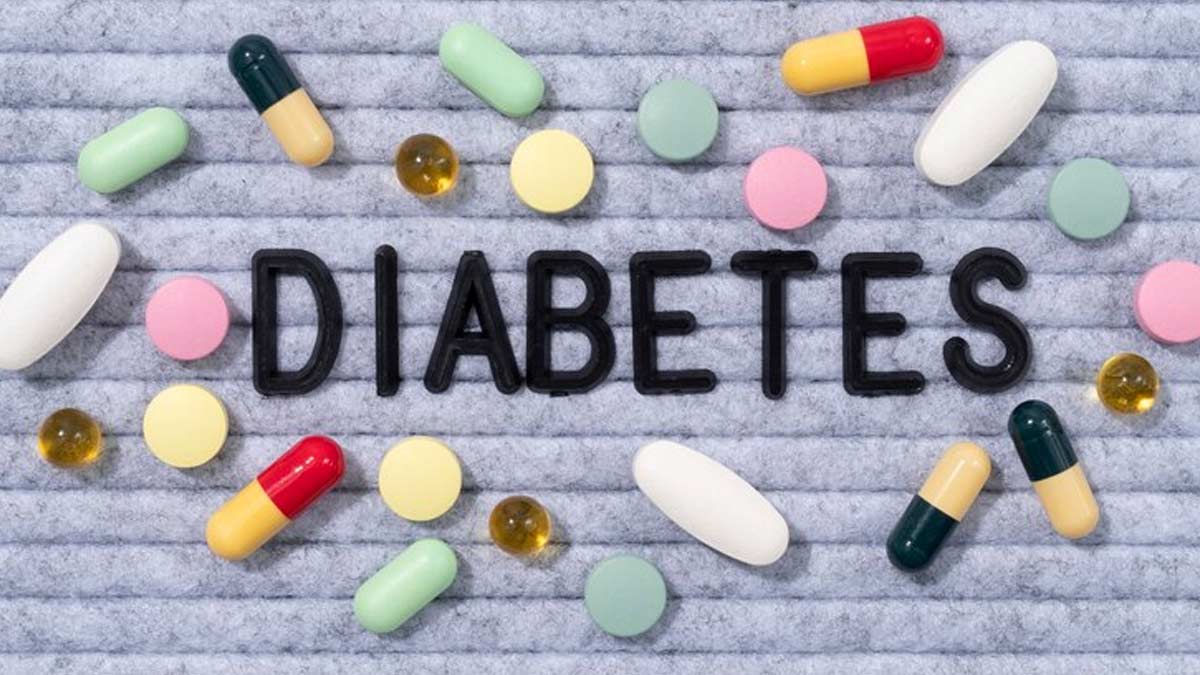
If you are concerned about your physique, go to the gym on a regular basis. You must have thought a lot about protein shakes. They are a popular dietary supplement, often used to enhance muscle growth, aid in recovery after exercise, and support overall health. However, not everyone may benefit from these shakes, and in some cases, they may even be detrimental to health. Here are several health conditions that might warrant caution or consultation with a healthcare provider before incorporating protein shakes into your diet.
Table of Content:-

1. Kidney Disease
The Food and Drug Administration defines dietary supplements as the products that contain a dietary ingredient, such as vitamins, minerals, amino acids, and herbs. Protein shakes can be high in protein, which can put additional strain on the kidneys. As per Advances in Nutrition, for people with kidney disease, excessive protein intake can increase the condition, leading to a faster decline in kidney function. Those with kidney disease should manage their protein intake carefully under the guidance of a healthcare professional.
Also read: Can Obesity Cause Kidney Diseases? Let’s Know From A Doctor
2. Liver Disease
Similar to kidney disease, liver disease can impair the body’s ability to process and break down proteins. Consuming high amounts of protein can overburden a compromised liver, potentially worsening the condition. Patients with liver disease should discuss their dietary needs with their doctor to determine the appropriate amount of protein for their individual health status.
3. Lactose Intolerance
Many protein shakes are based on dairy products, which contain lactose. Individuals with lactose intolerance lack the enzyme lactase, which is necessary for digesting lactose, leading to gastrointestinal distress when dairy products are consumed. Although lactose-free and plant-based protein shakes are available, it's important for lactose-intolerant people to read labels carefully.
4. Irritable Bowel Syndrome (IBS)
Certain ingredients commonly found in protein shakes, such as lactose, artificial sweeteners, and high FODMAP ingredients like inulin, can trigger symptoms in people with IBS. These symptoms may include bloating, gas, constipation, or diarrhoea. Individuals with IBS should opt for protein shakes that are free of their specific triggers and discuss their choices with a healthcare provider.
5. Allergies to Ingredients
Protein shakes can contain a variety of potential allergens, including milk, soy, eggs, nuts, and wheat. Those with allergies to these substances should carefully check ingredient lists to avoid allergic reactions, which can range from mild to severe.
6. Gout
Gout is a type of arthritis characterised by sudden, severe attacks of pain, swelling, and redness, often in the big toe. It is caused by elevated levels of uric acid in the blood, which can crystallise in the joints. A high-protein diet can increase uric acid levels, potentially triggering gout attacks. Individuals with gout should manage their protein intake carefully, preferably under medical supervision.
7. Diabetes
While protein shakes can be a part of a diabetic diet, it's crucial to consider their potential effects on blood sugar levels. Some shakes contain added sugars or high-glycemic ingredients that can cause blood sugar spikes. Diabetics should choose low-sugar, high-fibre options and monitor their blood sugar response.

Also read: Dealing With Polycystic Kidney Disease? Here’s How A Keto Diet Can Help You
8. Heart Disease
Some protein shakes can be high in saturated fats and cholesterol, especially those derived from animal sources. Patients with heart disease or high cholesterol should opt for shakes that are low in these components and discuss their dietary plans with their healthcare provider.
Protein shakes can be a useful supplement to many people's diets, but those with particular health issues should exercise caution. It's always a good idea to talk to your doctor or a nutritionist about whether protein shakes are right for you and how to include them into your diet.
Also watch this video
How we keep this article up to date:
We work with experts and keep a close eye on the latest in health and wellness. Whenever there is a new research or helpful information, we update our articles with accurate and useful advice.
Current Version